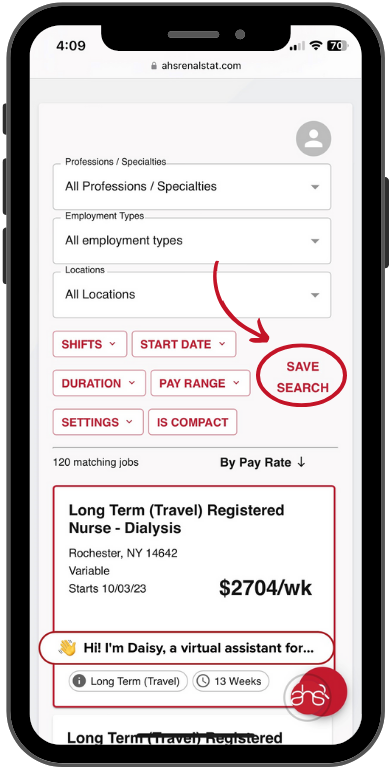Patients on dialysis are subject to much more intensive medical care in the last month of life than are patients dying of cancer or heart failure, said an analysis of Medicare data that is raising concerns about the end-of-life care that patients with end-stage renal disease (ESRD) receive.
Nearly 80 percent of Medicare patients on dialysis were hospitalized in the 30 days before death and spent twice as many days in the hospital as patients dying of cancer, said a research letter published April 23 in Archives of Internal Medicine that was based on data from nearly 100,000 patients from the U.S. Renal Data System and Medicare between 2004 and 2009.
Nearly half of the patients on long-term dialysis were admitted to an intensive care unit in their final month, compared with about a quarter of cancer patients and a fifth of patients with heart failure. Three in 10 dialysis patients received intensive procedures such as mechanical ventilation, feeding tubes and cardiopulmonary resuscitation—a rate three times higher than that of cancer patients, the study said. Only 20 percent of the kidney-failure patients were referred to hospice, compared with 40 percent of the patients dying of heart failure and 55 percent of cancer patients.
“It’s really a shame that these elderly patients go through such intensive, aggressive treatment, and I’m sure they suffered more because of that rather than being comfortable and dying at home,” said Alvin H. Moss, MD, a Morgantown, W.Va., nephrologist and palliative medicine physician who did not participate in the study.
“This is really distressing,” said Moss, who helped write the clinical guideline on starting and stopping dialysis for the 4,000-member Renal Physicians Association (RPA). “The hospice use by these elderly patients is less than half the national average, which is 45 percent now. The hospice use for cancer patients is above the national average, and people are more accepting of the fact that cancer patients might be referred to hospice. What most people don’t realize is that most dialysis patients are sicker than cancer patients.”
The dialysis guideline says physicians should conduct advance care planning and not use dialysis for patients with no decision-making capacity. Nephrologists should “consider forgoing dialysis” for patients with ESRD who are 75 or older and have many serious co-morbidities, significantly impaired functional status or severe chronic malnutrition, the guideline says. ~ Renalbusinesstoday~


